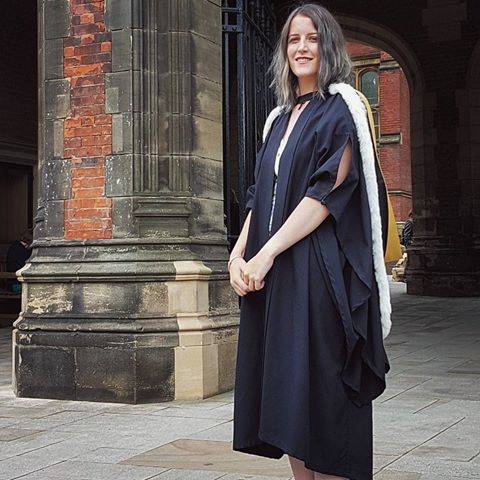沟通之前:希望您能花,三到五分钟的时间,观看我们的视频,对我们的能力,有一个初步判断。
圣地亚哥大学毕业照展示

德国教育和研究部长安妮特·沙万(Annette Schavan)提出了资助高等教育和研究措施的建议,以帮助刺激该国疲软的经济。
Schavan说,在高等教育基础设施上投资约150亿欧元(约合200亿美元),并为中小企业提供税收优惠,以增加在研究上的支出,可为企业提供至关重要的推动。
她的建议是她建议的更广泛的一揽子计划的一部分,该计划也将使圣地亚哥大学的学校受益:“我们需要一个修复圣地亚哥大学的学校和高等教育设施并使之现代化的方案,”她上周说。
我希望我们的圣地亚哥大学的学校能够适应未来。
”这样的措施将支持当地的工业,尤其是建筑业,并促进现代节能技术。
购买新的计算机和其他设备将有助于商业。
每个高等教育主管都应该得到一定数量的资金来更新和现代化他/她的圣地亚哥大学的学校。
这样一个步骤,尽可能少的繁文缛节,可以很快地被采纳。
州政府和地方当局必须根据校长和总统的规格确定总体需求。
根据圣地亚哥大学的大学生人数,每所圣地亚哥大学应该平均收到10万欧元。
虽然Schavan说150亿欧元将满足高等教育的需求,但她指出,研发激励的资金必须进行评估。
无论如何,她强调,总体利益将是保留当地就业机会,增加税收,在危机结束后,建立一个更具创新精神的国家,并且不再抱怨许多机构所处的糟糕的修复状态。
sts工会(GEW)原则上欢迎Schavan的提议,也指出提出的方案远远没有达到实际要求。
GEW主席Ulrich Th•奥恩认为,教育支出必须至少达到GDP的7%才能达到经济合作与发展组织的平均水平。
否则,德国将无法跟上国际步伐。
Thne强调说,尽管在圣地亚哥大学的大学生人数方面这些数据令人鼓舞,但联邦统计局最近公布的数据也表明,教育占GDP的比例进一步显著下降。
在去年10月的教育峰会上采用的增加教育支出的“永无止境”的办法,在刺激经济方面适得其反,他说,Thne也怀疑Schavan的建议将如何获得资助。
他预料到州政府与联邦政府之间的冲突,并呼吁通过一项在国家和国际商定的应对金融危机战略的框架内协调它们的行动,以解决它们之间的冲突。
在联邦政府、州政府和市政府之间利用争吵来履行职责,”Thne警告.michael.gardner@uw-news.com

Anti-Israel resolutions presented at the annual meeting of the American Historical Association were not voted on after members rejected a vote to suspend the group’s bylaws, report JTA and Rebecca Shimoni Stoil in The Times of Israel.
The resolutions were submitted to the American Historical Association, or AHA, by the independent group Historians Against the War.
However, business meeting agenda items were supposed to be submitted by 1 November to allow members time to plan to attend the annual meeting.
The anti-Israel resolutions were submitted on 22 December, and did not appear on the business meeting agenda.
The three-day annual meeting opened on 2 January in New York City.
In a vote, members of the AHA declined by a vote of 144 to 54 to suspend the bylaw on when the resolutions could be submitted, in order to allow the Historians Against the War to present the resolutions.
The resolutions prepared by the Historians Against the War reflected a new direction for anti-Israel activism: condemnations of Israel’s policies and behaviours that stop short of calls to boycott, divest from, or sanction the state or Israeli institutions.
This new approach comes after 2014’s high-profile American Studies Association academic boycott vote and the subsequent fizzling of academic and professional organisations’ enforcement of new academic boycott rules – as Israeli academics participated in its conference.
Full report on The Times of Israel site
